Milk powder production is an intricate process that transforms liquid milk into a convenient, shelf-stable powder form. The industry relies on a sequence of carefully controlled steps to ensure the final product meets strict quality standards. In this blog post, we’ll discuss Milk powder production line for creating milk powder, highlighting each step’s significance and the role of refrigeration, heating, and automation in enhancing production efficiency.
Understanding Milk Powder Production
The milk powder manufacturing process is a science. It involves converting the liquid properties of milk into a dry, powder form while maintaining its nutritional value, flavor, and solubility. The moisture content in powdered milk falls within the range of 2.5% to 5%, preventing any microbial growth due to the low water content. The process of drying not only prolongs the shelf life of the milk but also decreases its weight and volume, thereby cutting down on transportation and storage expenses for the product. The production line comprises multiple stages, each essential for achieving the desired product quality.
Step-by-Step Process Analysis
Let’s break down the process line for milk powder production into its core steps to understand the intricacies involved in each phase.
Cream Separation & Standardization
The journey begins with separating cream from fresh milk. Standardization adjusts the milk to the required fat content, ensuring consistency in the final product.
Pasteurization & Bacteria Removal
Milk is then pasteurized to eliminate potentially harmful bacteria. This step is critical for extending the shelf life of the milk powder and maintaining consumer safety.
Dry Ingredients Storage & Handling
Proper storage and handling of dry ingredients are vital for quality control and ensuring the seamless integration of these components in later stages.
Lactose Mixing & Standardization
Lactose content is adjusted for digestibility and to influence the texture and taste of the powder.
Pre-concentration by Filtration
The milk is filtered to remove water and concentrate it before evaporation, making it a more efficient process.
Evaporation
Water content is further reduced through evaporation, thickening the milk into a syrupy consistency in preparation for drying.
Homogenization
Homogenization breaks down fat molecules, which helps in stabilizing the dry milk powder.
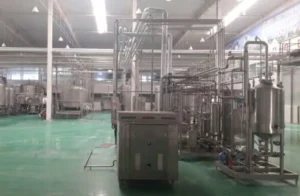
Spray Drying
The heart of the process, spray drying, turns the concentrated milk into powder by atomizing it within a hot air chamber.
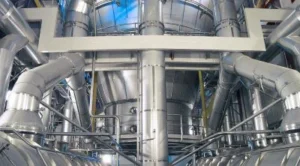
Powder Handling
After drying, the powder requires delicate handling to maintain quality and texture before packaging.
Powder Filling & Palletizing
The milk powder is filled into packaging, often under a protective atmosphere to prevent oxidation, then palletized for distribution.
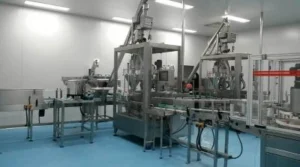
Refrigeration & Heating
The process also utilizes refrigeration and heating at various stages to preserve the integrity of the milk powder.
Automation
Automation plays a pivotal role in the milk powder process line. It ensures precision, enhances safety, and increases the efficiency of the whole operation.
The Role of Advanced Technology in Milk Powder Production
Advanced technology and automation are crucial in modern milk powder production. They enable precise control over each process phase, resulting in a consistent and high-quality product.
Milk Powder Production Line End Products
Full-fat milk powder: Full-fat milk powder, also known as whole milk powder, is derived from fresh, whole milk. It undergoes a dehydration process to remove the moisture content, resulting in a dry powder form. This product retains the natural fats present in the original milk, providing a rich and creamy flavor. Full-fat milk powder is versatile and commonly used in various culinary applications, including baking, cooking, and as a convenient substitute for liquid milk. It offers a longer shelf life compared to liquid milk and is a valuable ingredient in food manufacturing and preparation.
Skim milk powder: Skim milk powder is produced by removing the fat content from fresh milk and then dehydrating the remaining liquid to create a dry powder. This process results in a low-fat or fat-free milk product with an extended shelf life. Skim milk powder is often used as a healthier alternative to whole milk powder, providing a source of protein, vitamins, and minerals without the added fat. It is commonly used in various food and beverage applications, such as reconstituted milk, as a cooking ingredient, or as a component in the production of dairy products with reduced fat content.
Conclusion
The process line for milk powder is a model of modern engineering and technology working in harmony to deliver a product that meets the needs of consumers worldwide. Each step in the line is essential, showcasing the industry’s commitment to quality and efficiency.
For more insights into the dairy industry and its processing methodologies, stay tuned to Hiroland Blogs.
Read More: Is Your Milk Powder Safe to Use? Quality Assessment & Storage Tips
Read More: Milk Powder Production Line


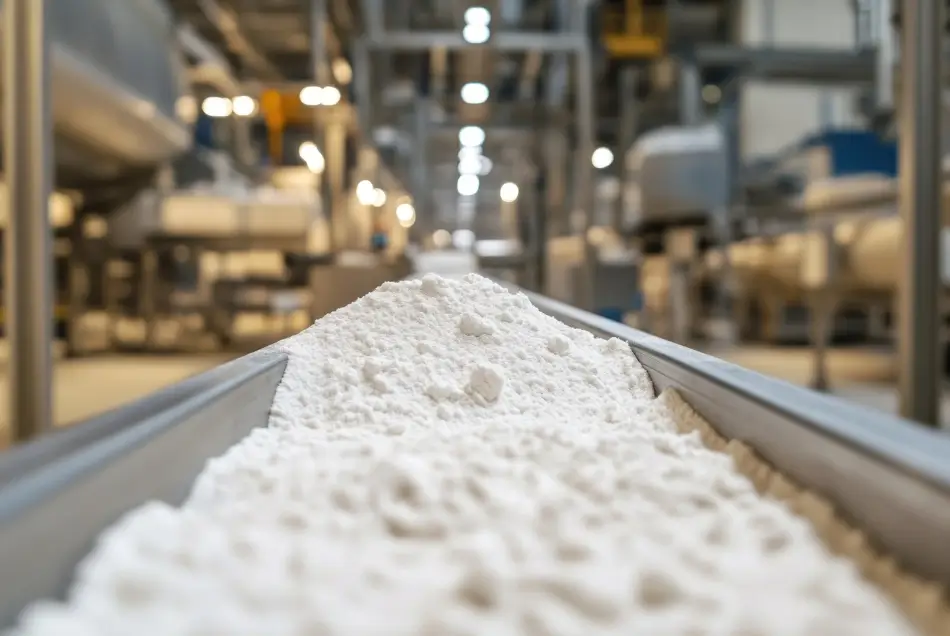

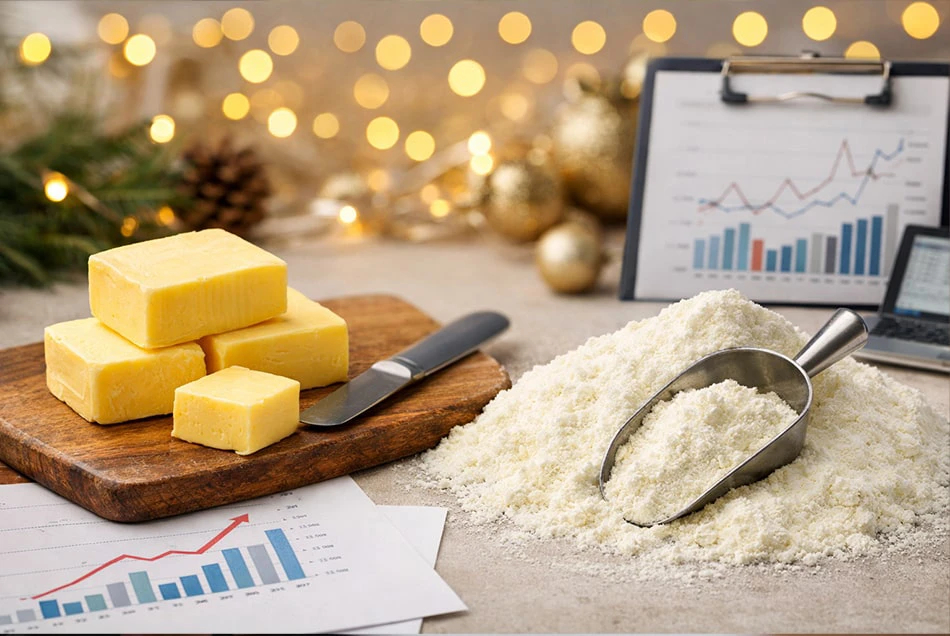
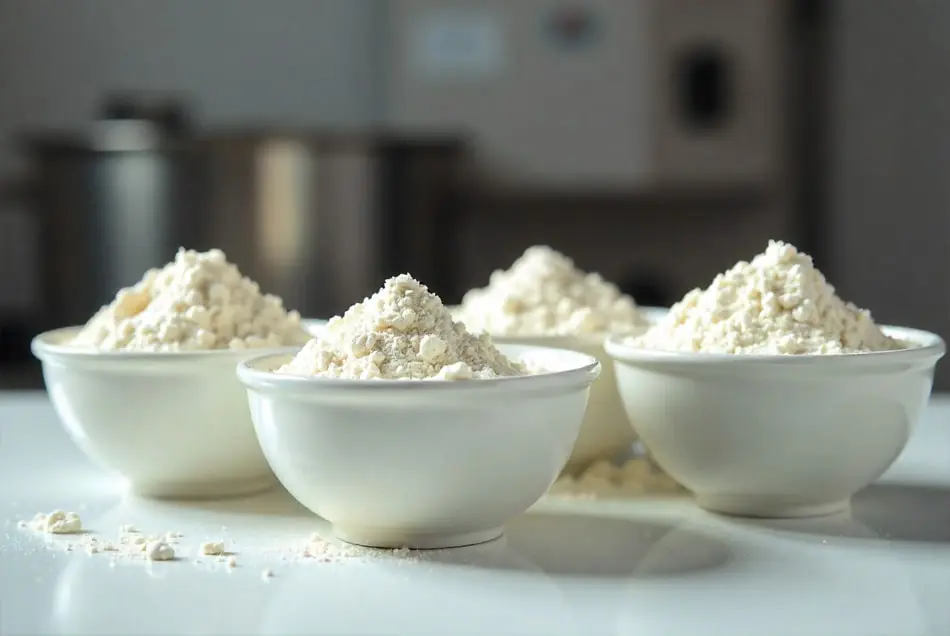



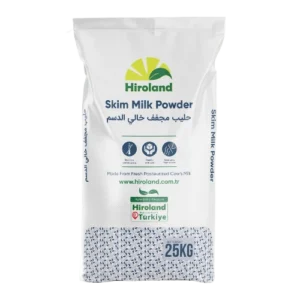
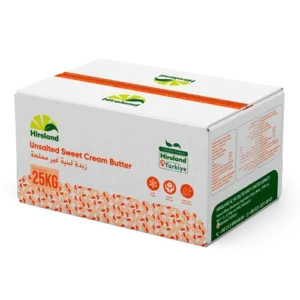
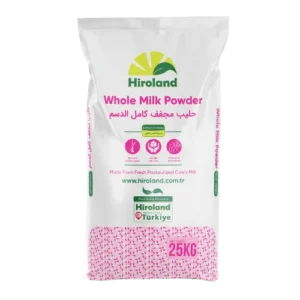
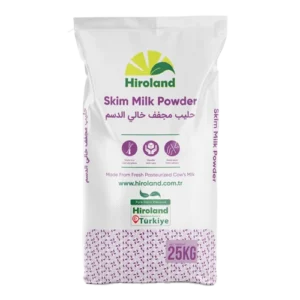
2 thoughts on “Comprehensive Guide to the Milk Powder Production Line: Steps and Benefits”
Hi there mates, its enormous paragraph regarding tutoringand completely defined,
keep it up all the time. https://Www.waste-ndc.pro/community/profile/tressa79906983/
Embark into the stunning realm of EVE Online. Test your limits today. Conquer alongside thousands of explorers worldwide. [url=https://www.eveonline.com/signup?invc=46758c20-63e3-4816-aa0e-f91cff26ade4]Start playing for free[/url]